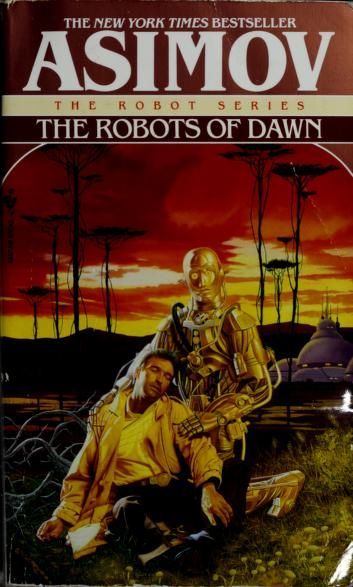
Reviews
Frederik De Bosschere@freddy
Aamna@aamnakhan
Ryan LaFerney@ryantlaferney
Kirsten Simkiss@vermidian
Brent Nef@n3f
Adam@adam
Emre Yarar@emrecanya
nda and@dookie
Goodness@existentialaspie
Carter Rabasa@crtr0
Coleman McCormick@coleman
Traci Wilbanks@traci
Martin Weitzel@mweitzel
Sebastian Stoelen@sebastianstoelen
Guruprasad Kulkarni@comdotlinux
Bouke van der Bijl@bouk
Kieran Mansfield@cepheusradio
Rowan trollope @robopop
Daniel Lauzon@daneroo
Fatih Akturk@fakturk
Goktekin Dincerler@goktekin
Christopher McCaffery@cmccafe
Fernando Lima@fecraft
Dan Govier@waving